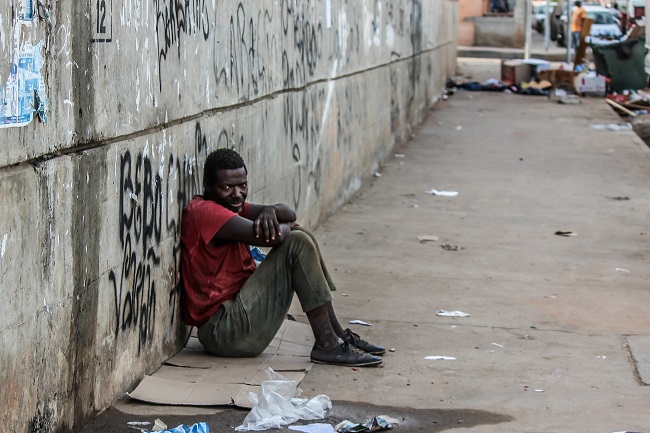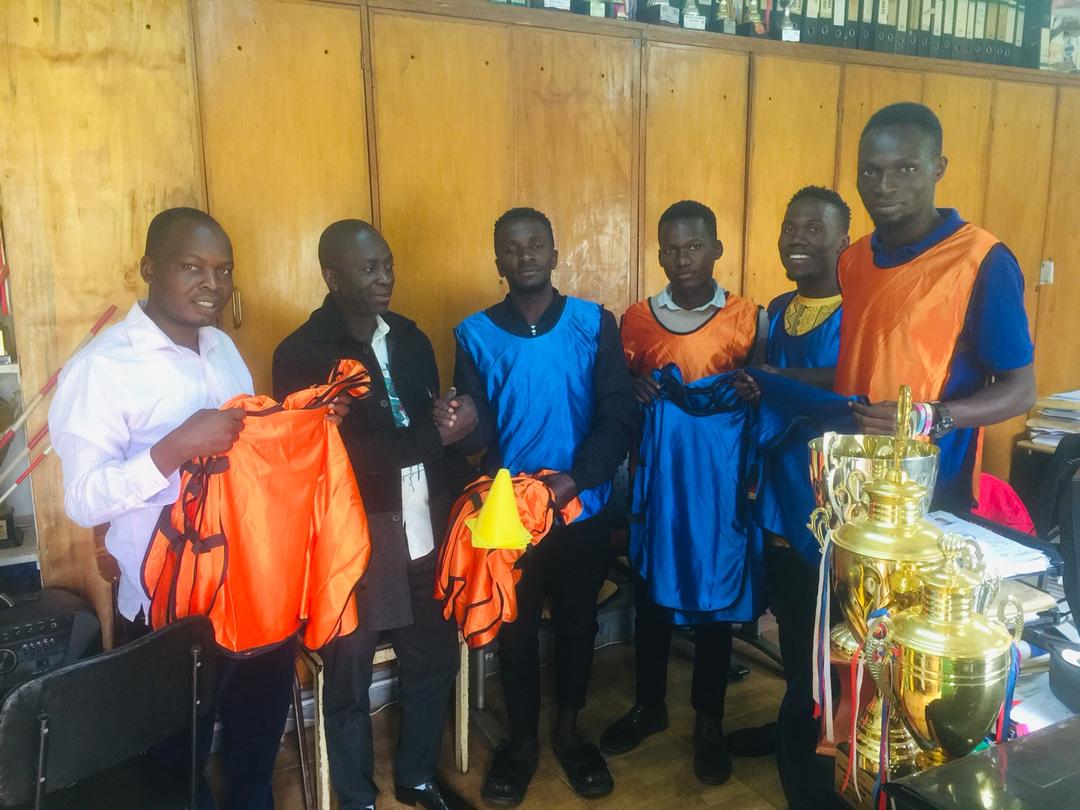The mythical nature of mental health related illnesses in Africa is its either a sign of weakness or its an act of evil magical powers. Weakness in that if the people were stronger, they would not have this condition and an act of external powers in that witchcraft is involved in the condition.
Witchcraft makes the situation a lot worse because it becomes a chain of myths and misconceptions with people moving from one traditional doctor to the other to no avail in most cases just worsening the mental illness state.
The endgame of going through these circles are suicides, drug addictions, violent behaviours and the person being mentally insane.
But how can Africa replace the already accepted gospel of mental health and misconceptions with the enlightenment that mental health is real and has become a problem in the 21st century young adults.
The very people who are supposed to be helping young people fight these problems are either going through it or are clouded with the same misconceptions. The traditional advisors, the aunts and uncles have dismally failed to either detect the problem or solve it.
African parents are not ready to talk to the teenagers and in their defence young people are complicated. Even the already accepted sexual health is a nonstarter to them, what about the shunned mental health issue.
When parents fail, the world is eagerly waiting either to introduce the youths to drugs in the name of helping or public stigma will hit them to the ground. Public stigma will also stand as the stumbling block between these patients getting the help they need because the condition is already unaccepted within societies.
Africa needs to awaken and bring its children to realisation that mental health is a real cancer and if left unhealed it will claim more people with the already 100 million that it has taken. Sadly 66 million constitutes women and girls hence in the process of empowering them they are slowly being destroyed.
Already, most African nations budget only 1% towards the area leaving rest of the burden in hands of individuals. Countries like Rwanda are still recovering from the 1994 genocide but its already in riots while Malawi is experiencing cyclones and displacements. All these are new mental health cases that are arising where the antidot has not being put in place.
All these lead to rise of cases in clinical depression. Across 37 studies between 2008 and 2020, 97.616 cases of mental health related illnesses in young people were recorded and the numbers keep growing.
The probable solutions are however not so far away from us. Starting with the most accepted solution which is education. Educating the young people from as little as 6 years up to the grandparents in a bid to leave no loopholes behind. The world needs to be taught that all the symptoms and conditions that lead or relate to mental health problems are normal and can be embraced for change.
Treatment for mental health is costly hence many people leave it untreated but just like Antiretroviral treatment, there should be an advocation for free treatment. Free therapy session will be the cherry on top.
Still on national solution the doctor-patient ratio should be increased to avoid late attendance of some patients as this usually leads to suicides whereas the budget allocation should be increased so that there are enough resources in the sector.
A few baby steps towards the fight will indeed make Africa a better place.






















Discussion about this post